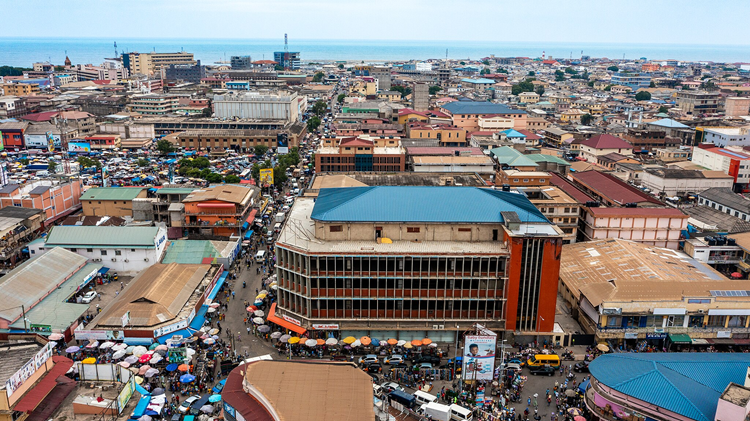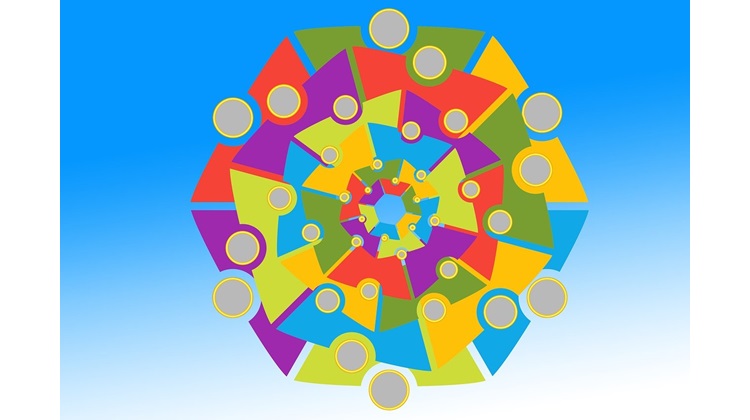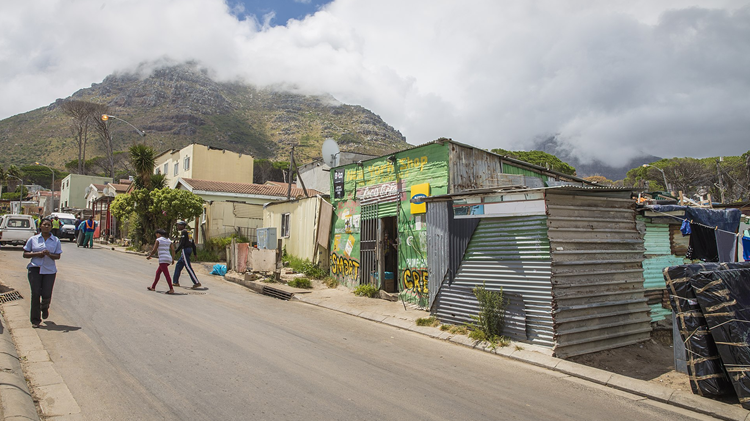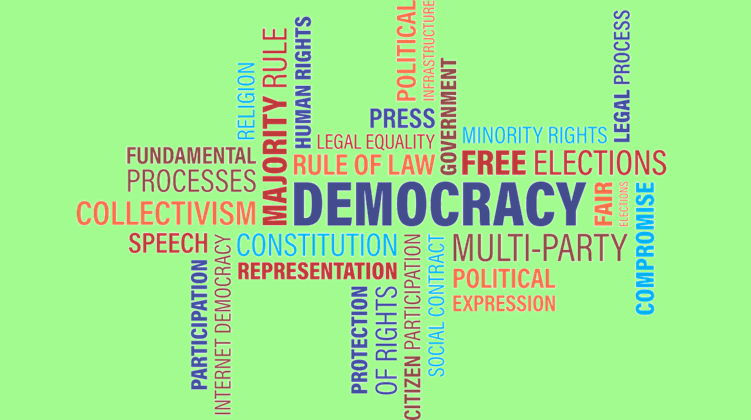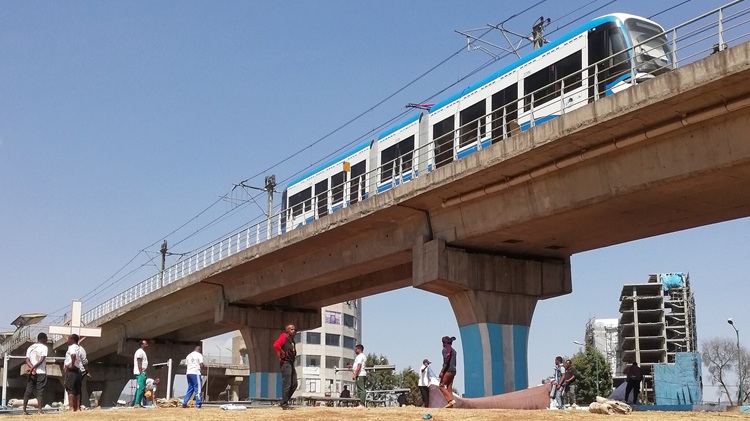Madagascar 2044: A visionary model for governance
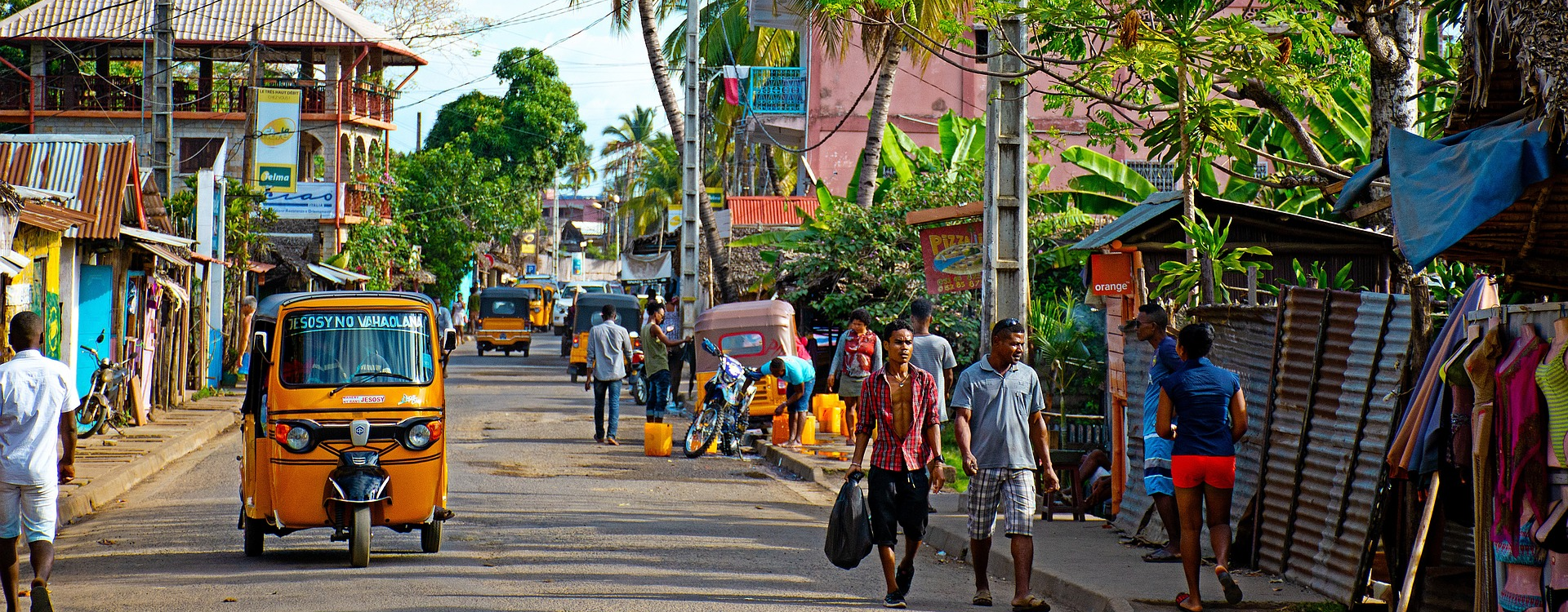
Technology and innovation can overcome barriers and set new standards for public service transformation.
As we stand on the cusp of a new international era toward digitisation in governance and public administration, Madagascar is poised to become a beacon of innovation in Africa: by leveraging emerging technologies to revolutionise training its public officials and managing its governance structures - however far-fetched this may seem. To support this vision, Madagascar launched the PRODIGY project in 2020 with the World Bank's backing, aiming to modernise digital infrastructure and identity management as foundational steps in transforming public administration.
Madagascar faces significant hurdles in governance, including language barriers with 12 dialects and only approximately 20% French proficiency, alongside limited infrastructure, with just 33% of the population accessing electricity (15% in rural areas). These challenges complicate uniform training and communication, public service training and governance reforms.
While Madagascar faces significant challenges as one of Africa’s poorest nations, its centralised governance system and active international partnerships create a unique context and make it a promising testing ground for scalable e-governance initiatives, especially in low-resource environments.1 Direct engagement with government leaders and agencies during meetings conducted in both cities and rural areas in 2024 revealed the challenges and opportunities that position Madagascar as a compelling case study. Grassroots efforts, such as mobile money solutions and local digital governance initiatives, already show a growing appetite for transformation within Madagascar’s communities.
Madagascar’s context and centralised governance system make it a unique testing ground for scalable e-governance initiatives
Madagascar is already exploring digital finance solutions, with more people using mobile money than traditional bank accounts (10 million), and the World Bank's Prodigy project fostering new companies and digital payments. Let us imagine that these developments, coupled with the potential of blockchain technology, are able to set the stage for a transformative leap. Initiatives like the Digital Governance Unit (Unité de Gouvernance Digitale, established in 2022) and the X-Road platform, in collaboration with the Estonian e-Governance Academy, are driving e-governance by improving secure data exchange and transparency, supporting policy alignment and enhancing efficiency across departments. This trajectory is bolstered by rising Internet access, which increased from 5% in 2016 to 22% in 2021.
The governance model of the future
Fast forward two decades, and Madagascar's landscape could be transformed by technological advancements. A 20-year horizon allows for imagining profound societal changes, similar to the way technological and political revolutions have reshaped nations in the past.
In this future, satellite internet constellations and 6G networks deliver high-speed connectivity to even the most remote corners of the island. [Recent assessments by Public Digital highlighted the progress in Madagascar’s public sector digital maturity, setting the stage for the next generation of internet-enabled public services.] AI-powered real-time language translation breaks down communication barriers, allowing seamless interaction in multiple languages.
Renewable energy solutions, including advanced solar, wind and geothermal technologies, can solve the persistent problem of unreliable electricity in rural areas and enable the widespread adoption of digital technologies across the country.
In this new era, Madagascar's governance model has evolved into a decentralised, technology-empowered system. [The World Bank's Digital Economy Assessment for Madagascar has been instrumental in identifying strategic areas for strengthening this vision, especially in building a resilient digital infrastructure and skilled workforce.] AI-assisted policy analysis provides real-time insights to decision-makers at all levels of government.
Digital platforms enable citizen participation in local and national decision-making. [The National Forum on Internet Governance has empowered citizens and organisations to influence national digital policies, ensuring that Madagascar’s digital future reflects its communities’ voices and needs.] Virtual town halls and augmented reality public services kiosks have become common fixtures in communities across the island.
Public official training in Madagascar has undergone a revolution. [The African Development Bank's Project for Strengthening Governance through Digitalisation (PREGODI) is already dedicated to enhancing economic management and governance structures, thereby strengthening the institutional frameworks that underpin effective public administration.] Gone are the days of one-size-fits-all training programs. AI-driven systems personalise learning paths, and virtual reality simulations offer practical, risk-free training in crisis management and decision-making. Lifelong learning through gamified micro-modules ensures ongoing skill development. Despite access and knowledge barriers, public-private partnerships are fostering a digitally empowered workforce.
A pan-African peer-to-peer learning network has emerged, connecting public servants across the country and further afield. This network facilitates real-time knowledge sharing, collaborative problem-solving and the exchange of best practices, turning Madagascar into a hub of public service innovation for Africa.
In this optimistic future, Madagascar's governance and training systems are supported by a robust digital finance infrastructure. Blockchain-based budgeting ensures transparency, while smart contracts streamline services like social benefits and infrastructure management. A universal digital identity system, tied to financial inclusion, formalises the economy, boosts tax collection, reduces corruption and improves public service efficiency. Data privacy and security measures will safeguard citizens' information, while public-private partnerships provide devices and digital literacy training to bridge access gaps. AI-assisted governance will enhance decision-making, but human oversight, guided by ethics and cultural values, will remain essential.
A vision for Africa
Should this vision unfold, Madagascar's innovative governance and training approaches could serve as a model for other African nations, demonstrating how to overcome linguistic, infrastructural, and educational barriers through technology. Initiatives like the ICT Village in Sambaina already highlight its leadership in rural digital governance, offering a blueprint for others. International organisations and developed nations may look to Madagascar as a case study, with the country already regularly hosting delegations eager to learn from its success. By embracing emerging technologies, Madagascar can position itself as a leader in public administration.
Madagascar's innovative governance and training approaches could serve as a model for other African nations
The journey to this vision will be challenging. By 2044, Madagascar will need widespread digital infrastructure, enhanced education and strong public-private partnerships. While aspirational, this scenario illustrates what long-term vision and systematic planning can achieve. A phased approach implementing actionable steps over shorter timeframes is key, starting with foundational investments in digital infrastructure and literacy (in the next five years), and progressing to AI systems and governance decentralisation (over the subsequent decade). These steps could offer a replicable pathway for other African nations navigating similar barriers. Global examples, such as Estonia's blockchain-based governance, show such advancements are possible. This vision represents a best-case scenario, contingent on overcoming systemic barriers such as funding, instability and low digital literacy. Despite the odds, pursuing this goal can yield significant incremental progress.
Madagascar's success would demonstrate that vision, commitment and technology can overcome even the toughest challenges. As the rest of Africa and the world look on, by 2044, it could stand as a global inspiration, showing how tradition and innovation can transform governance and public service.
Image: aga2rk/Pixabay
1While the centralised governance system is a benefit, in order to create broader engagement and citizen services it seeks to strengthen decentralisation and give more power to local municipalities.

